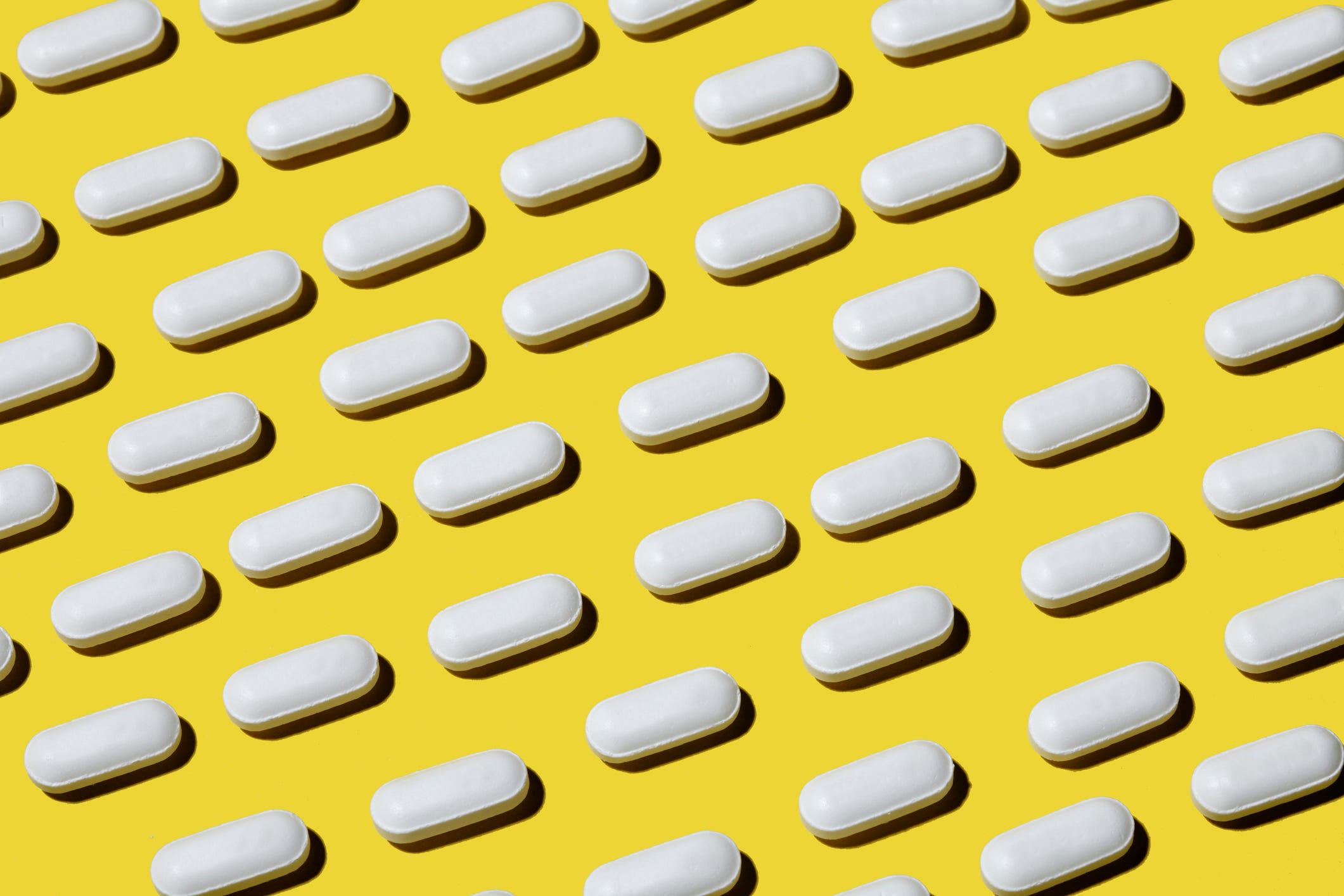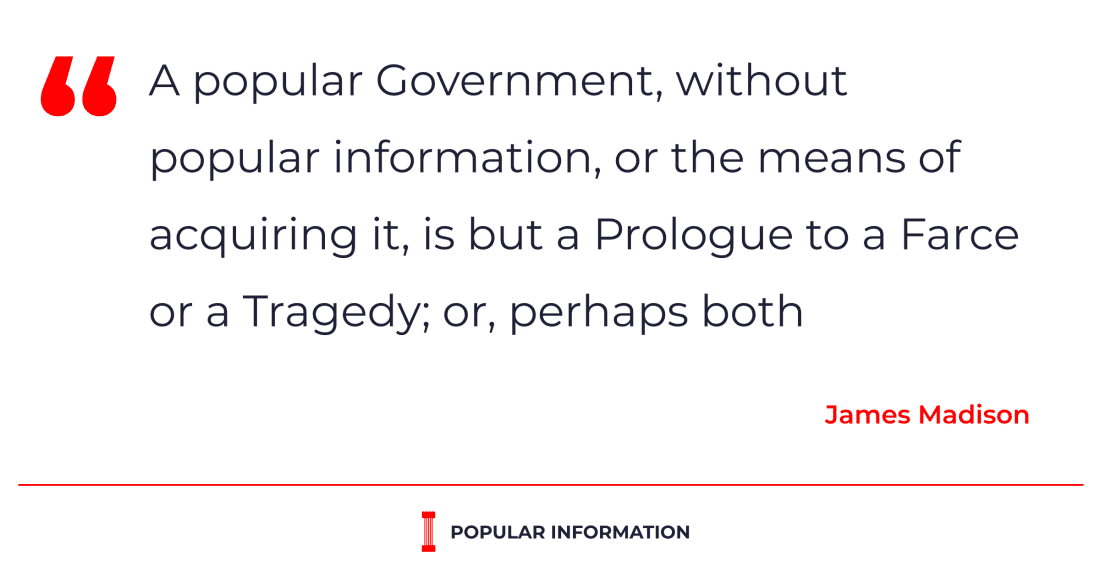 |
Trump's response to the coronavirus pandemic has been erratic. But he has been remarkably consistent about one thing: hydroxychloroquine. For the duration of the pandemic, Trump has insisted that the drug, originally developed for malaria, is an effective treatment for COVID-19.
On March 19, as the pandemic took hold of the United States, Trump said that hydroxychloroquine "could be, based on what I see, it could be a game changer."
On April 6, Trump said that the United States "bought a tremendous amount" of "hydroxychloroquine" and that it has "worked unbelievably." On April 14, the White House said it shipped "28 million tablets of Hydroxychloroquine" across the country.
On May 18, Trump took a two-week course of hydroxychloroquine as a prophylactic. "I think it’s good. I’ve heard a lot of good stories. And if it’s not good, I’ll tell you," Trump said.
On July 27, Trump tweeted a video where a doctor named Stella Emmanuel claimed hydroxychloroquine was a "cure" for COVID. Dr. Emmanuel has embraced a number of conspiracy theories, including "that alien DNA was used in medical treatments and that scientists are plotting to develop a 'vaccine' to make it impossible to become religious." The following day, speaking at the White House, Trump praised Emmanuel and hydroxychloroquine.
I was very impressed with her and other doctors that stood with her. I think she made sense, but I know nothing about it. I just saw her, you know, making a statement with very respected doctors. She was not alone. She was making a statement about hydroxychloroquine with other doctors that swear by it. They think it's great. So she was not alone.
Trump also promoted hydroxychloroquine extensively during a media availability in Pennsylvania on August 3:
Hydroxy has tremendous support, but politically, it's toxic because I supported it. If I would've said do not use hydroxychloroquine under any circumstances, they would've come out and they would've said it's a great, it's a great thing. Many doctors have come out strongly in favor of it. They wanted very badly…
Interestingly, a great doctor from what I understand, a great doctor from Yale feels very strongly about hydroxychloroquine. The Ford clinic in Michigan came out with a very, very powerful paper saying it's very good. Many others in France as you know, they came out with a very positive statement. Many individual doctors have come out with very positive statements.
On October 1, after Trump tested positive for COVID-19, he started taking a slew of drugs, including:
Regeneron's antibody cocktail, a promising experimental drug that has been made available to fewer than ten people outside of clinical trials.
Remdesivir, a drug administered by IV that was found to shorten hospital stays for patients with serious cases of COVID-19.
Dexamethasone, a steroid that was found to increase survival for patients with severe cases of COVID-19 and require supplemental oxygen.
Trump is also taking zinc, vitamin D, Pepcid, melatonin, and aspirin. But Trump has not taken hydroxychloroquine. Trump's lead physician, Dr. Sean Conley, was asked about hydroxychloroquine during a press conference Monday:
REPORTER: Why did you decide not to use, administer, hydroxychloroquine to the president during his time here?
CONLEY: I'm not going to go into all of our debates about specific medicines and therapies, there are dozens of therapies that we were made aware of that we considered that we discussed and debated and looked at, you know, the existing literature on, um, and this is the regimen we chose.
Translation: hydroxychloroquine is not an effective treatment for COVID-19. Trump foisted an unproven and potentially dangerous treatment on the American public for months. But when his own health was on the line, Trump unwilling to follow his own advice.
The science of hydroxychloroquine and COVID-19
Since the start of the pandemic, there have been numerous clinical trials studying hydroxychloroquine as a treatment for COVID-19. The studies all found hydroxychloroquine provided no benefit — or worse.
A high-quality randomized study in the UK was stopped in June because scientists found "that there is no beneficial effect of hydroxychloroquine in patients hospitalized with COVID-19." Participants in the study who received hydroxychloroquine did not fare better in terms of mortality, the length of their hospital stay, or any other outcome. According to the data, "the patients on hydroxychloroquine tended to do worse."
Another set of studies, released in July, looked at hydroxychloroquine's efficacy for people in Minnesota with less serious cases of COVID-19. Participants did not show statistically significant improvement over the placebo and many experienced side effects.
Researchers at the University of Pennsylvania examined whether hydroxychloroquine could prevent health care workers from getting infected with COVID-19. The study, which was published last week, found "[t]here was no significant difference in infection rates in participants randomized to receive hydroxychloroquine compared with placebo."
In July, Trump touted the findings of a study by the Henry Ford Health System:
But the Henry Ford study was deeply flawed. It was not randomized, and "patients who received hydroxychloroquine were also more likely to get steroids, which appear to help very sick patients with Covid-19." It was almost certainly the steroids, not the hydroxychloroquine, that helped patients.
If Trump believed that hydroxychloroquine substantially reduced his risk of death, he would have taken it. Instead, he took a steroid.
Veterans as guinea pigs
While Trump receives cutting edge treatment unavailable to the public, he flooded the Veterans Administration (VA) with hydroxychloroquine. Between February 1 and April 23, the VA purchased "approximately 6,339,700 tablets of hydroxychloroquine" for about $2 million. During that time period, 1,300 veterans with COVID-19 were treated with the drug. At the time, that represented about 13% of veterans with COVID-19 under VA care.
An observational study of 368 veterans included 210 subjects who received hydroxychloroquine, either alone or in combination with the antibiotic azithromycin. The study, which was released in April, found that "rates of death in the groups treated with the drugs were worse than those who did not receive the drugs."
More than 27 percent of patients treated with hydroxychloroquine died, and 22 percent of those treated with the combination therapy died, compared with an 11.4 percent death rate in those not treated with the drugs, the study said.
But, even after the study was released, the Trump administration continued to treat veterans with COVID-19 with hydroxychloroquine. More than 3500 veterans have died of COVID-19 under the VA's care. On Tuesday, the VA reported that another 41 veterans had died of the virus.
Hydroxychloroquine stans are disappointed in Trump
Despite the overwhelming scientific evidence, hydroxychloroquine boosters are disappointed that Trump has abandoned the drug. Dr. Emmanuel, the conspiracy theorist that Trump promoted in May, said whoever convinced Trump to stop taking hydroxychloroquine should be "punched in the face."
She offered to prescribe hydroxychloroquine to White House staffers.
Steve Jalsevac, a hydroxychloroquine fan who co-founded the far-right website LifeSite News, urged readers to "contact the White House to ask why the president and Melania are not immediately being given this well-proven-in-practice medication protocol for COVID infection.”
Others, like former White House staffer Sebastian Gorka, were in denial. "I’m sure he’s taking his hydroxy this morning just like I did this morning," Gorka said.
 |



